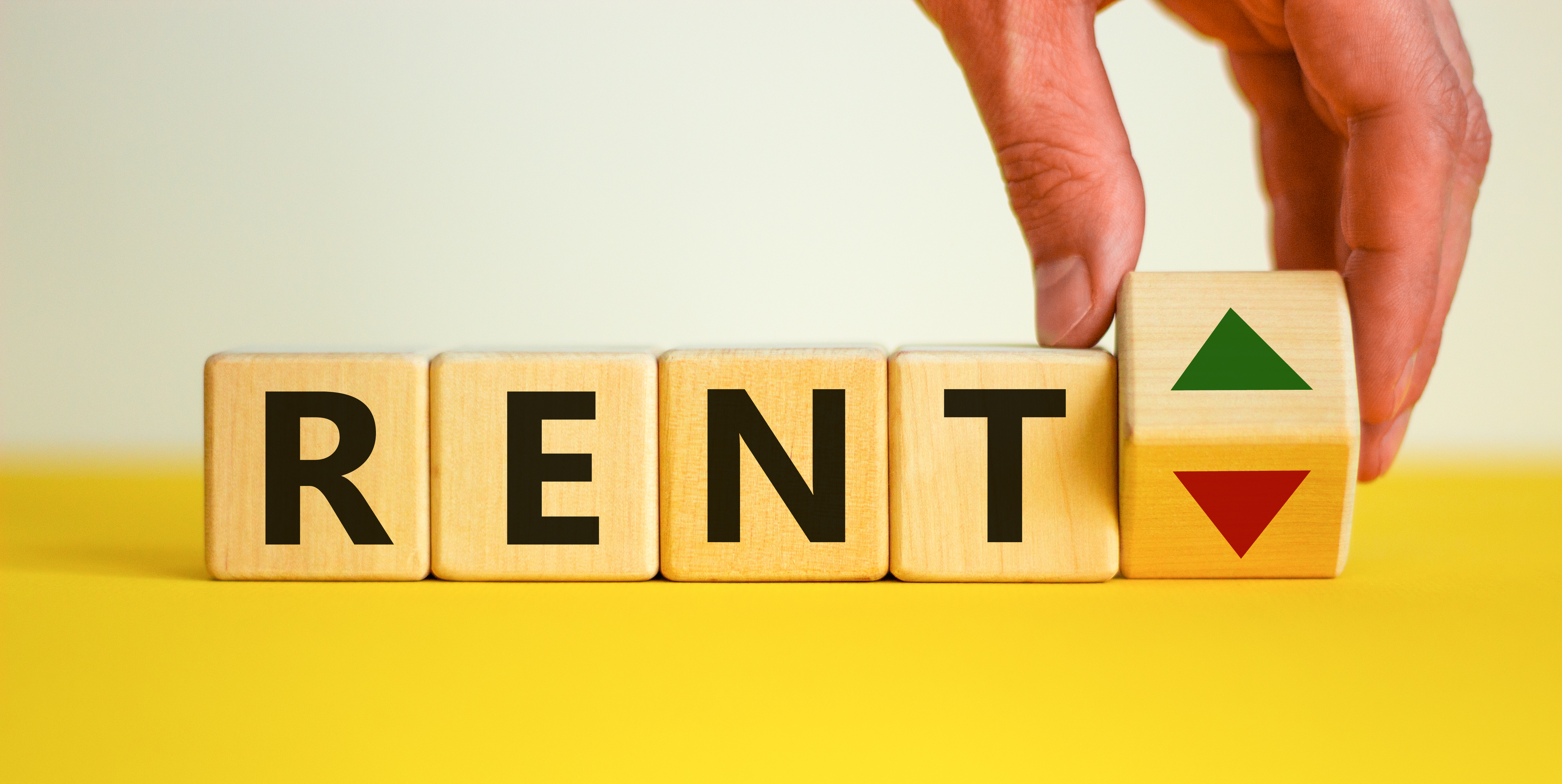ARTICLES
IN THE NEWS
Analysis highlights growing affordability gaps, limited federal aid.
Read More
FEATURE
RGB Approves Rent Increases for 2025-26 Lease Renewals
The Board responds modestly to the 6.3% rise in operating costs.
Jul 14, 2025
MANAGEMENT BASICS
How to Comply with NYC’s Lead Paint Testing Law
Here's what you need to know before the Aug. 9 deadline.
Jul 13, 2025
MANAGEMENT BASICS
DOB Gives Extra Time for Emissions and Lighting Reports
Even with the initial grace periods, many owners have found the reporting process challenging.
Jul 12, 2025
New Signage Required for Rent-Stabilized Buildings
The new law is expected to go into effect in January 2026.
Jun 30, 2025
FEATURE
HOTMA Deadline Delayed for Multifamily Housing Programs
But the deadline for Public Housing and voucher programs holds firm.
Jun 30, 2025
COMPLIANCE
HUD Seeks to Eliminate Affirmative Fair Housing Marketing Rules
If finalized, the proposed rule would shift HUD’s role away from proactive desegregation and toward a narrower model of complaint-based enforcement.
Jun 27, 2025
Recent Court Rulings
Owner Must Repay HUD for Leasing Unit to Ineligible Tenant Despite Good Intentions
Jun 26, 2025
RECENT COURT RULINGS
Court Dismisses Discrimination Lawsuit Based on Refusal to Accept Vouchers
Jun 26, 2025
RECENT COURT RULINGS
Court Dismisses Claim Seeking Two Apartments with One Voucher
Jun 26, 2025



